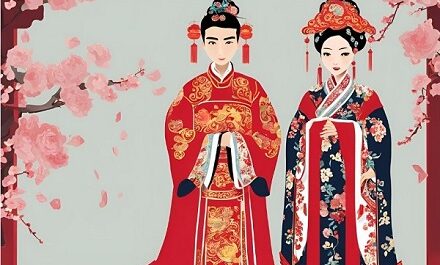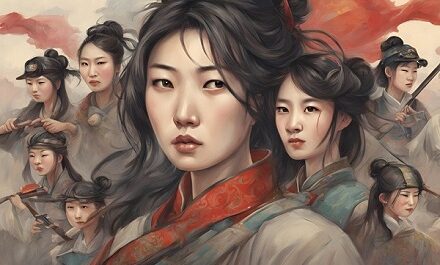Learn Chinese Idiom with Pinyin and English
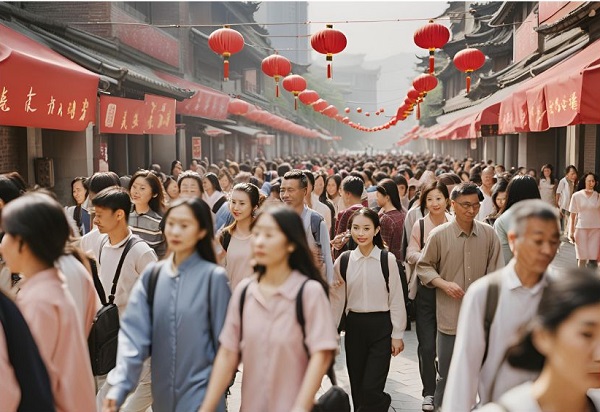
- Idiom in Chinese-男来女往。
- Pinyin of Idiom– nán lái nǚ wǎng.
- Idiom’s Meaning in English– The idiom refers bustling places with people coming and going (Men coming, women going). The idiom also describes close interaction between men and women. Interactions between men and women, usually in a social or romantic context. It implies a mutual exchange or courtship between the sexes.
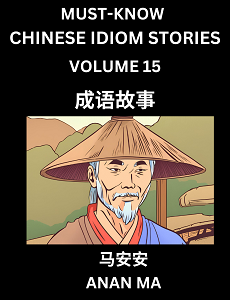
Chinese Idiom Stories Books (HSK All Levels):
- Books to Learn Chinese Idiom Stories (Part 1)
- Books to Learn Chinese Idiom Stories (Part 2)
- Books to Learn Chinese Idiom Stories (Part 3)
Learn Chinese Idiom Story in English (成语故事的英文)
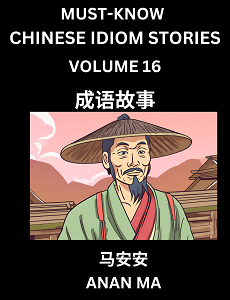
In an ancient village, there lived a warm-hearted villager named Auntie Zhang. She often organized gatherings for the unmarried young men and women in the village, hoping to facilitate beautiful marriages through such activities. During each gathering, the young men and women would dress up elegantly, with the boys looking handsome and valiant, and the girls appearing gentle and charming. They would chat, sing, dance, and share their thoughts and aspirations with each other. As time went by, many young men and women found their ideal partners at these gatherings, and the village was filled with many happy and fulfilling families. The villagers all said that it was Auntie Zhang’s “male-female interactions” gatherings that brought them good luck and happiness.
Learn Idiom Story in Chinese (成语故事)
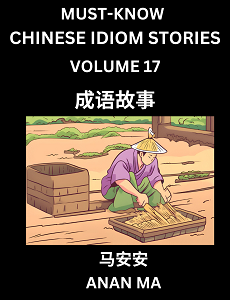
在一个古老的村庄里,有个热心的村民张大娘,她经常组织村里的未婚青年男女进行聚会,希望通过这样的活动让他们相识,促成美好的姻缘。每次聚会,青年男女们都会精心打扮,男孩子们英勇帅气,女孩子们温婉可人。他们在一起聊天,唱歌,跳舞,彼此交流着心事与理想。随着时间的推移,不少青年男女在这些聚会中找到了心仪的对象,村庄里也因此多了许多幸福美满的家庭。村民们都说,是张大娘的“男来女往”聚会给他们带来了好运和幸福。
Learn Keywords with English, Simplified Chinese Characters, and Pinyin (关键词)
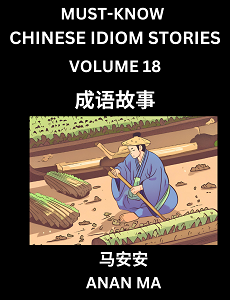
- 张大娘 (Zhāng Dàniáng): An enthusiastic village woman who organizes social gatherings.
- 未婚青年男女 (Wèihūn qīngnián nánnǚ): Unmarried young men and women.
- 姻缘 (Yīnyuán): Marriage or romantic relationship.
- 聚会 (Jùhuì): Social gatherings.
Pinyin of Idiom Story (故事的拼音)
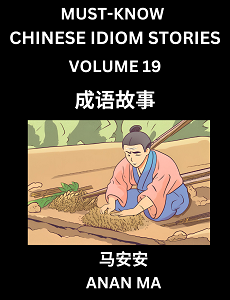
Zài yīgè gǔlǎo de cūnzhuāng lǐ, yǒu gè rèxīn de cūnmín zhāng dàniáng, tā jīngcháng zǔzhī cūnlǐ de wèihūn qīngnián nánnǚ jìnxíng jùhuì, xīwàng tōngguò zhèyàng de huódòng ràng tāmen xiāngshí, cùchéng měihǎo de yīnyuán. Měi cì jùhuì, qīngnián nánnǚmen dūhuì jīngxīn dǎbàn, nán háizimen yīngyǒng shuàiqì, nǚ háizimen wēn wǎn kě rén. Tāmen zài yīqǐ liáotiān, chànggē, tiàowǔ, bǐcǐ jiāoliúzhe xīnshì yǔ lǐxiǎng. Suízhe shíjiān de tuīyí, bù shǎo qīngnián nánnǚ zài zhèxiē jùhuì zhōng zhǎodàole xīnyí de duìxiàng, cūnzhuāng lǐ yě yīncǐ duōle xǔduō xìngfú měimǎn de jiātíng. Cūnmínmen dōu shuō, shì zhāng dàniáng de “nán lái nǚ wǎng” jùhuì gěi tāmen dài láile hǎo yùn hé xìngfú.
